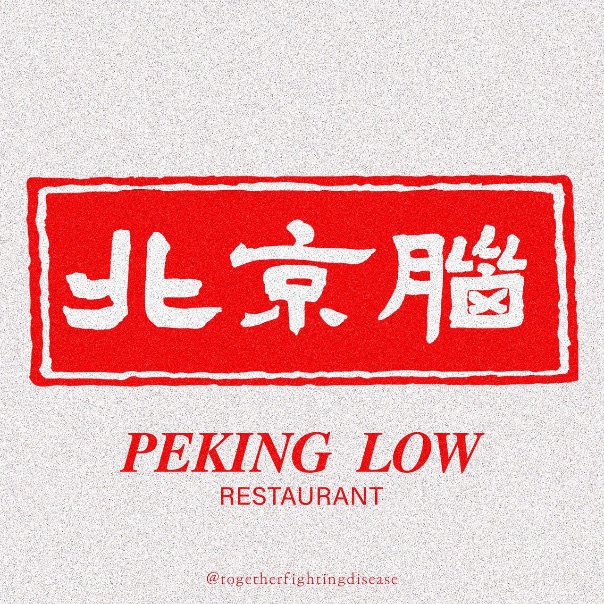The Emperor is an organ of the state
Jim Unger sent me this mystifying note (7/25/20):
The other day, my wife called my attention to the fact that the ‘organ theory of the emperor’ (Tennō kikan setsu), for which Minobe Tatsukichi (1873-1948) was prosecuted in the 1930s, is written 天皇機関説. This is odd since ‘organ’ in the medical sense (the apparent source of Minobe’s metaphor) is currently written 器官 whereas 機関 is now pretty much ‘engine’. Since it is inconceivable that generations of historians writing in English have simply been perpetuating a mistranslation, it appears that either 器官 is a later coinage or that 機関 narrowed in meaning sometime later, or both. I am not particularly interested in untangling this mess, but it might be worth studying because it seems to be a case of one or more Sino-Japanese compounds undergoing semantic change within Japanese, which, of course, ought not happen if every kanji were a logogram of fixed meaning. Do both these words occur in Chinese? If so, have they ever overlapped in meaning in Chinese? Is one or the other a 19th or 20th century neologism?
Read the rest of this entry »




